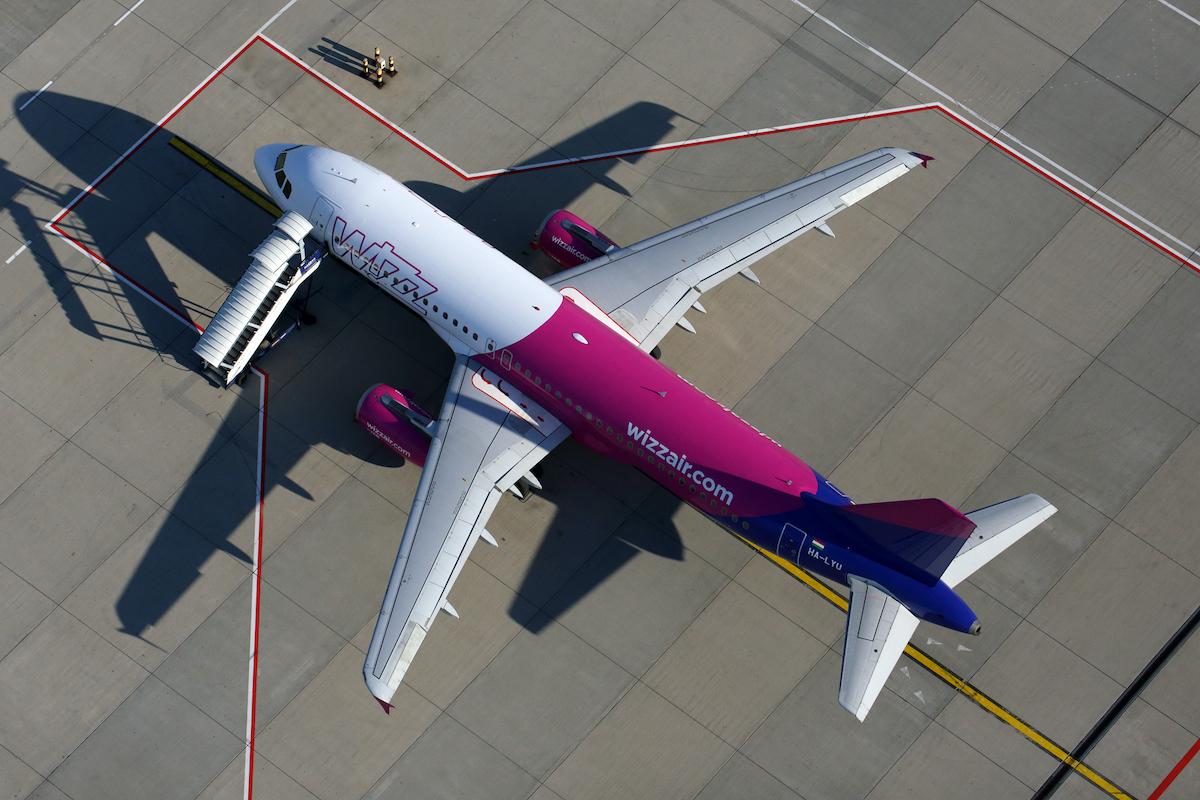Wizz Air Shareholder To Sell Stake Over Labor Rights Concerns

Credit: Rob Finlayson
Danish pension fund AkademikerPension says it is selling its more than $3 million stake in Wizz Air because of what it describes as “human and labor rights abuses,” and specifically concerns that the ULCC’s employees are discouraged from joining unions. “After engaging with the company’s management...
Subscription Required
This content requires a subscription to one of the Aviation Week Intelligence Network (AWIN) bundles.
Schedule a demo today to find out how you can access this content and similar content related to your area of the global aviation industry.
Already an AWIN subscriber? Login
Did you know? Aviation Week has won top honors multiple times in the Jesse H. Neal National Business Journalism Awards, the business-to-business media equivalent of the Pulitzer Prizes.





